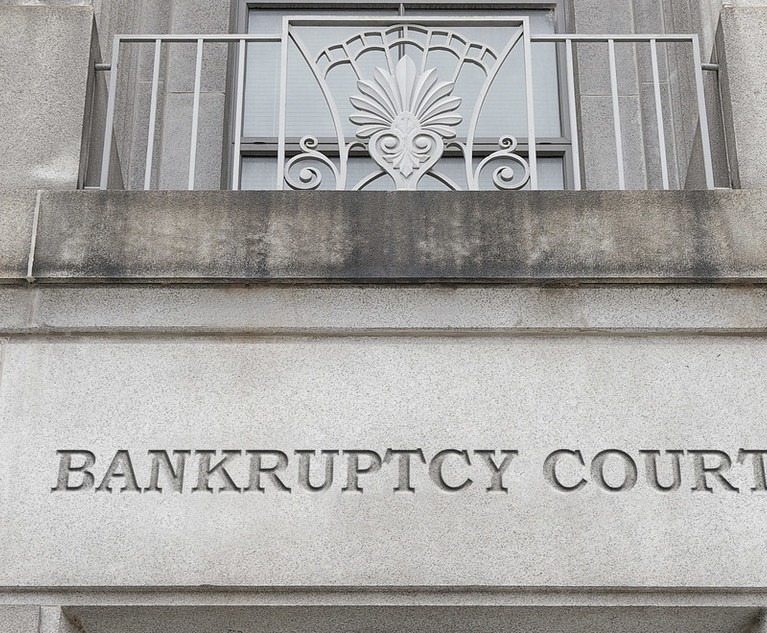Franchise networks are not immune from disputes. Typically, actions commenced by a franchisor against a franchisee involve one or more of the following areas: unpaid royalties, advertising contributions, or other fees; in-term or post-term noncompete provisions; use and disclosure of confidential information; failure to report revenue in order to artificially reduce royalties, advertising contributions, and other payments to the franchisor; compliance with applicable law and system standards, including standards relating to quality, cleanliness, health, safety, and welfare of customers; and post-termination de-identification and closure of the franchised unit. Typical claims asserted by franchisees against their franchisor concern failure to provide support, territorial encroachment, violation of applicable state registration and disclosure statutes, violation of applicable franchise relationship laws, wrongful termination or nonrenewal, and the ever-popular breach of the implied covenant of good faith and fair dealing. With this background, we present the following suggestions on how best to represent a franchisor at trial.
Educate the Judge About Franchising
Although franchising is ubiquitous in the modern economy, the legal aspects of the relationship are not well known by most people (including attorneys and judges). Indeed, even judges presiding over commercial cases are rarely presented with sophisticated franchise-specific cases for trial, and in virtually no court in the country is there a judge who routinely hears franchise cases. As a result, while a judge may be competent and even sophisticated in his understanding of general commercial law, it is unlikely that the judge has a sophisticated understanding of the legal and business underpinnings of a franchise relationship. Because these legal and business issues will be central to nearly every trial between a franchisor and its franchisee, counsel must take every opportunity to educate the judge in advance of and during trial. Counsel must communicate to the judge the applicable statutory framework in which the parties’ franchise agreement arose; the existence of and content of the franchisor’s legally required pre-sale disclosure document and the parties’ franchise agreement; the nature of the “control” exerted over the franchisee by the franchisor to protect its trademarks and system; the franchisor’s responsibility to maintain and enforce its uniform standards throughout the system for the benefit of the franchisor and all other franchisees; the impact that noncompliance with the system by a franchisee has on the entire system and all of the franchisees within it; and the impact that an adverse determination of the issues presented at trial will have on the franchisor, its system, and its remaining franchisees.
This content has been archived. It is available through our partners, LexisNexis® and Bloomberg Law.
To view this content, please continue to their sites.
Not a Lexis Subscriber?
Subscribe Now
Not a Bloomberg Law Subscriber?
Subscribe Now
LexisNexis® and Bloomberg Law are third party online distributors of the broad collection of current and archived versions of ALM's legal news publications. LexisNexis® and Bloomberg Law customers are able to access and use ALM's content, including content from the National Law Journal, The American Lawyer, Legaltech News, The New York Law Journal, and Corporate Counsel, as well as other sources of legal information.
For questions call 1-877-256-2472 or contact us at [email protected]


 David J. Kaufmann
David J. Kaufmann




